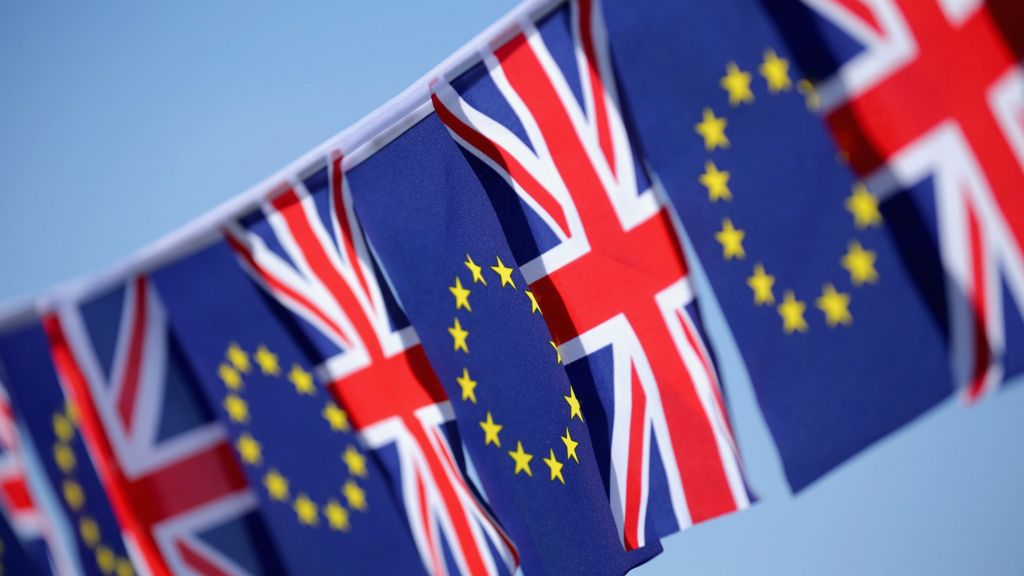Now that we're over that hurdle we can settle down to two years of peace and quiet ;-)
After 9 months, the UK is now officially leaving Europe so here's the broad timetable for the next two years.
From now and into April 2017: The EU will be putting together it's draft negotiating plan. We can probably expect loads of "sources" stories leaking some of the details. EU Parliament will pass a non-binding resolution to announce it's position to member states
29th April 2017: Donald Tusk heads an EU Council meeting to agree the negotiating guidelines (negotiating how the negotiations will be run), and then will hand them over to the EU's Brexit chief negotiator Michel Barnier (probably with a post-it note on them saying "Go get 'em tiger"
From May 2017: UK's head negotiator, David Davis and Barnier are touted to start meeting to begin negotiating the negotiations. These will likely be preliminary discussions ahead of the proper start of negotiations later in the year. This is yet to be fully confirmed but it's been suggested that they will meet twice a week. It's also likely that there will be a large amount of sub-meetings between the negotiators and businesses to pass the details back and forth
4th May 2017: The UK has some local elections across the UK. These could grab the markets attention for a gauge of UK Brexit sentiment
8th June: UK General Election
June 2017: There will be an summit between the UK and EU to formally agree on how the negotiations will be run. They will decide the timeline for the different items to be negotiated and how they'll be broken down into different chapters
June-September 2017: EC and EU will agree a negotiating mandate, though the timing of this may be decided by the German elections
June-September 2017: All being well, and above timelines permitting, the negotiations between the UK and EU will start in earnest. This is where the real battles will be fought and we could get some market risk from headlines from these negotiations. Unless they try to keep everything under wraps, expect a swathe of headlines on each stage of the deal making
September 2017 - October 2018: Oct 2018 is the scheduled end date for negotiations and whatever has been agreed will be sent back to start to be ratified by the EU, and probably sent to Parliament in the UK.
March 2019: EU and UK vote on ratifying the deal
Obviously the timelines are not set in stone. Some things might happen sooner or later than expected. Some parts of the negotiations may be concluded swiftly, while others could drag on. We've also got the French and German elections in the middle of it all too.
It looks like both sides want to get the citizenship/free movement issue sorted as soon as possible and if they do that early, and it's favourable to both sides, that could be a very big positive for both parties, and potentially makes other parts of the process easier. If there is an apt agreement on free movement, that would open the door to an amicable trade deal.
In trading terms, we'll be trading every little positive and negative headline but the real gauge will be how quickly and painlessly, or slowly and problematic the negotiations are. The quid will gain or remain nervous on that scale. It's going to be hard but it might be wise to try and ignore the day to day chatter from every politician and bigwig who wishes to make himself or herself known. The real news will come from the actual negotiators, not some Minister for Blubbering in one country or another.
There's a long way to go in all this and for everyone's sakes, let's hope that it's as painless as possible for both sides. There will be winners and losers on both sides yet we can but hope that calm heads prevail.
Trading is likely to be just as tough in the months ahead as it's been for the last 9 months, so I'll refer you to my latest Brexit Trading post from a couple of weeks ago.
Let's hope that come 2019, the flags are still flying on both sides of the channel and not lying in flames on the streets.




